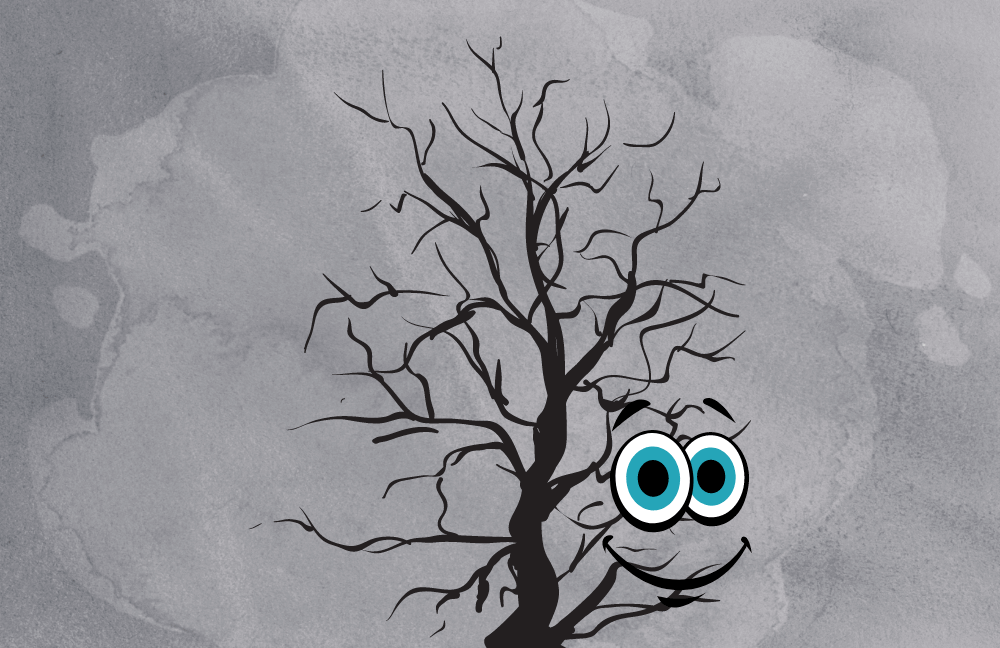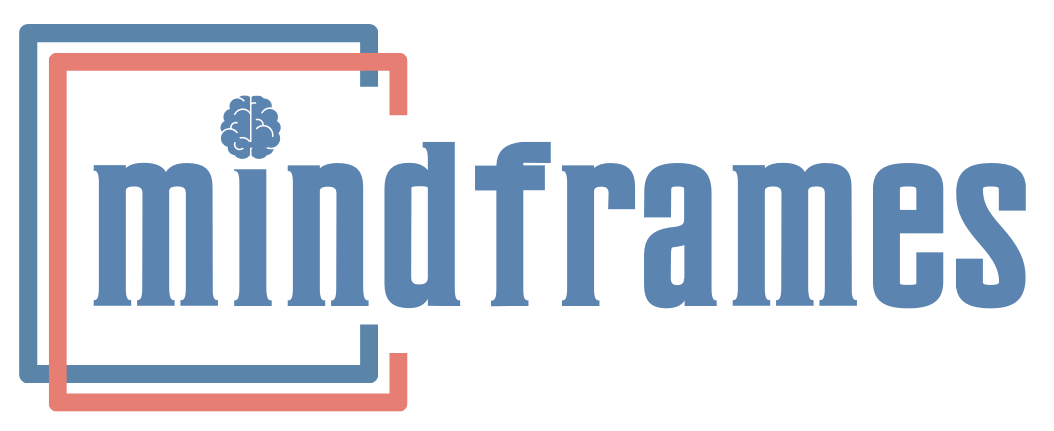Aggression & Anger
What is Aggression?
Aggression is an intentional attempt to harm another person who does not want to be harmed. This can be done through words, action and intent. Within that definition, self-defense of course is an exception. Evolutionally, aggression and anger were instrumental to survival because we dwelled in an era where we had to fight in order to exist. Anger hence, was always considered a prime component of the “fight, fright or flight response” to any stressor that challenged our safety.
When we sense a threat, our nervous system releases ‘cortisol’ which prepares us to fight. But fighting doesn’t have to be about beating, kicking and punching; or swearing, badmouthing and gossiping. There can be sublime ways of expressing anger and aggression. We need to know the difference between healthy and unhealthy annoyance and balance our mood accordingly. Angry people do not make good team leaders or idols.
Aggression Fact 1
Aggression Fact 2
Aggression Fact 3
Aggression Fact 4
Anger cannot be uprooted; one’s inner responses don’t change. But by building psychological tolerance, we can use more sublime ways to express our disapproval.
Aggression Fact 5
Aggression Fact 6
Aggression and anger are treatable. Neural plasticity affirms that from the cradle to grave, our brain cells change (for better or worse) based on how we mold our thoughts.
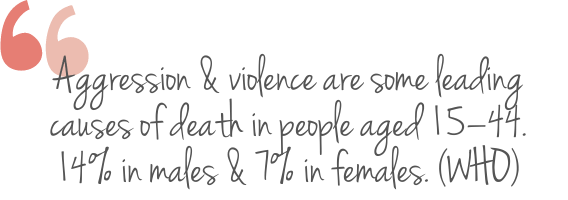
What are Causes of Aggression and Anger?
Anger is an emotion we feel, and aggression is what we express through thoughts, words and actions. We are hardwired to instinctively protect ourselves, our integrity, and character when we sense it is being attacked. Anger and aggression can defend us from unfairness, injustice, criticism, character assault, antagonism and resentment. A mild degree of aggression is socially acceptable and considered part of the spectrum of normal mood and behavior. However, intense aggression directed towards others like sarcasm, rudeness, abuse, or more violent criminality is definitely pathological. People who express pathological aggression usually tend to have a genetic, biological, psychological or environmental vulnerability.
Genetic
Biological
Psychological
Environmental
How Do I Know if Aggression is a Disorder?
Aggression: Emotional Signs
- Moodiness and swinging mood
- Not being in control of emotions
- Irritability, frustration, impulsivity
- Intermittent signs of depression
- Episodic regret or embarrassment
Aggression: Physical Signs
- Changed speed or tempo of speech
- Agitated or hyperactive behavior
- Shakiness or trembling hands
- Tightness or pain in the chest
- Tingling in the hands and feet
Aggression: Cognitive Signs
- Trouble focusing on a given task
- Confusion and indecisiveness
- Selective negative attention
- Irrational and illogical thinking
- Over analysis of external criticism
Aggression: Behavioral Signs
- Arguments, shouting, fighting
- Rash driving with road rage
- Domestic violence and abuse
- Impulsivity and breaking things
- Aggression towards animals
How Are Aggression and Anger Treated?
Aggression related disorders need a holistic approach to recover. The first and most important step always, is making the right diagnosis. It is important to rule out any other physical or psychological factors that promote aggression, but may have a different line of management. For example, caffeine or substance intake, some kinds of medications, cerebral conditions, or any other medical illness leading to lowered temper threshold and frustrated mood.
Likewise, psychosis, bipolar disorder and atypical depression can also involve aggression. If correctly diagnosed and treated, people with aggression can have steadier moods, healthy relationships, and fulfilling lives.
Medication can help reduce aggression, as well as augment therapy. Psychotherapy in aggression focuses on changing negative views of oneself, others, and the world at large. This enhances tolerance to frustration. As social beings, we are influenced by our environment and this can change us internally, for better or worse.
By identifying negative thoughts and replacing them with positive ones, we see the environment and world as less threatening, more supportive and this makes our existence happier, content, and meaningful. It builds interpersonal relationships, helps identify contributing stressors, and also improves our coping to these, to make them easier to handle. The net result is an optimistic view to life, a calmer mood state, and more rational behavior choices.
Therapy focuses on changing negative views of yourself, others, and the world at large. Cognitive techniques include CBT (Cognitive Behavioral Therapy), REBT (Rational Emotive Behavior Therapy), ACT (Acceptance and Commitment Therapy), Humanistic techniques like EFT (Emotion focused Therapy) and mindfulness, to name a few. All of these work on dysfunctional thoughts, emotions and behaviors that contribute to negative mood states and loss of control.
Dr Shefali Batra: Help for Aggression and Anger
People with aggression rarely get empathy from friends and family. The management demands empathic listening, unconditional acceptance, and respect. With those cornerstones in place, we first have a detailed discussion with you (as well as your family or loved ones if you permit) and then chalk out a treatment plan that embraces your goals, preferences and pace of self-work. As a psychiatrist and psychotherapist practicing distinctive therapies, Dr Shefali guides you through cognitive, mindfulness and neurobehavioral milestones to help you think, feel and behave more purposefully.
Psychotherapy techniques defeat thoughts and emotions that contribute to aggression. Changing long standing thought processes, emotional reactivity and behavior patterns is not easy. With ongoing communication, hand holding support, cognitive challenge techniques, mindfulness training and continuous daily guidance and self-monitoring, the speed of self-change increases manifold. And you get empowered with skills to deal with life’s frustrations better without mood alterations. In time you continue to maintain a steady and calm emotional state. How you feel matters. Let’s do something about it.
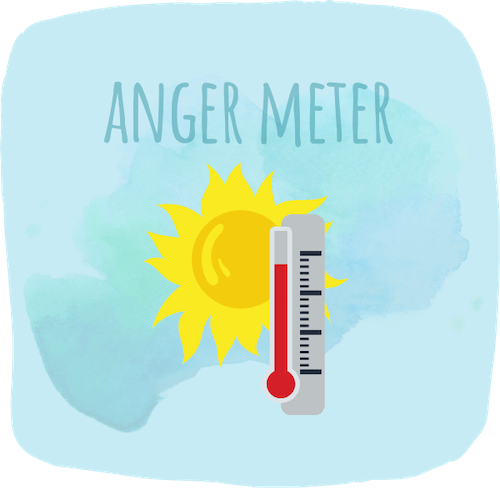


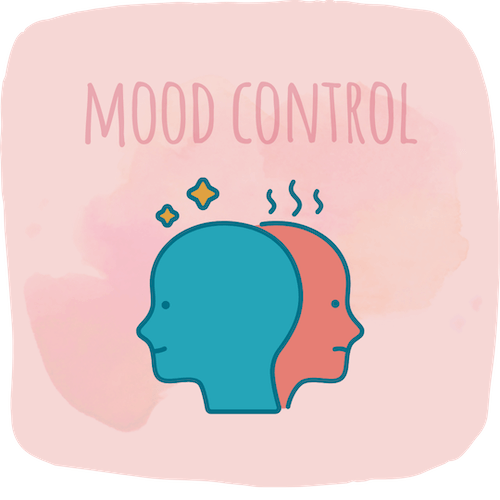
References
- Soreff, S. M., Gupta, V., Wadhwa, R., et al., (2020). Aggression. StatPearls. Treasure Island (FL): StatPearls Publishing.
- Dragovich, A.Y., Borinskaya, S.A., (2019). Genetic and Genomic Basis of Aggressive Behavior. Russ J Genet 55, 1445–1459.
- World Health Organization. (1992). The ICD-10 classification of mental and behavioural disorders: Clinical descriptions and diagnostic guidelines. Geneva: World Health Organization.
Related topics
- Negative Thought Reframing
- Family Conflict
- Substance Use Disorder
- Psychotherapy Types
- Emotion Focused Therapy (EFT)
Latest Posts

7 Reasons Why You Should Seek Therapy
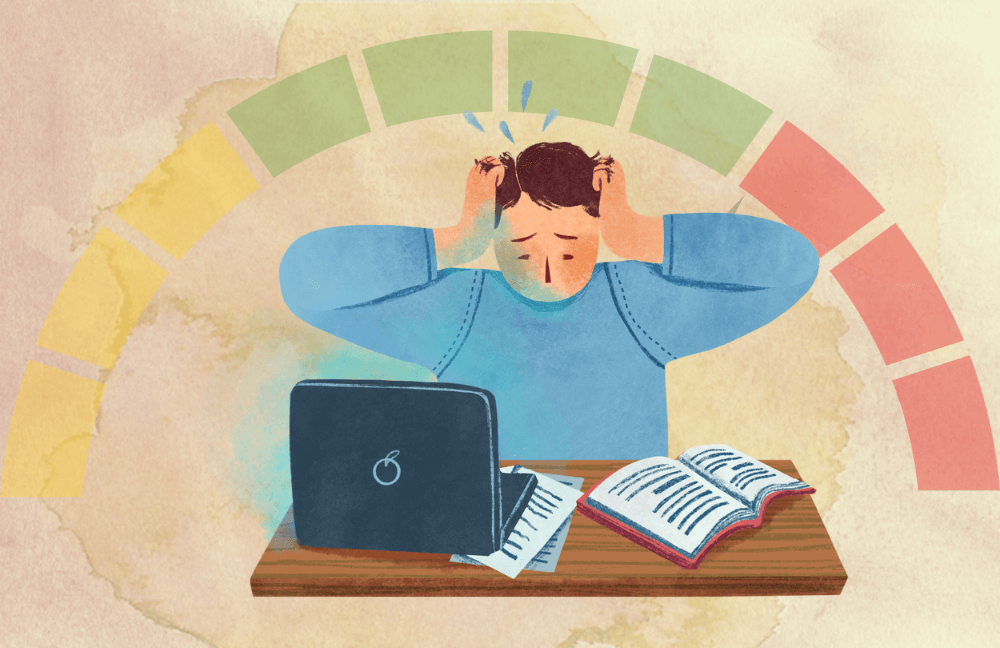
7 Questions About Workplace Stress Answered
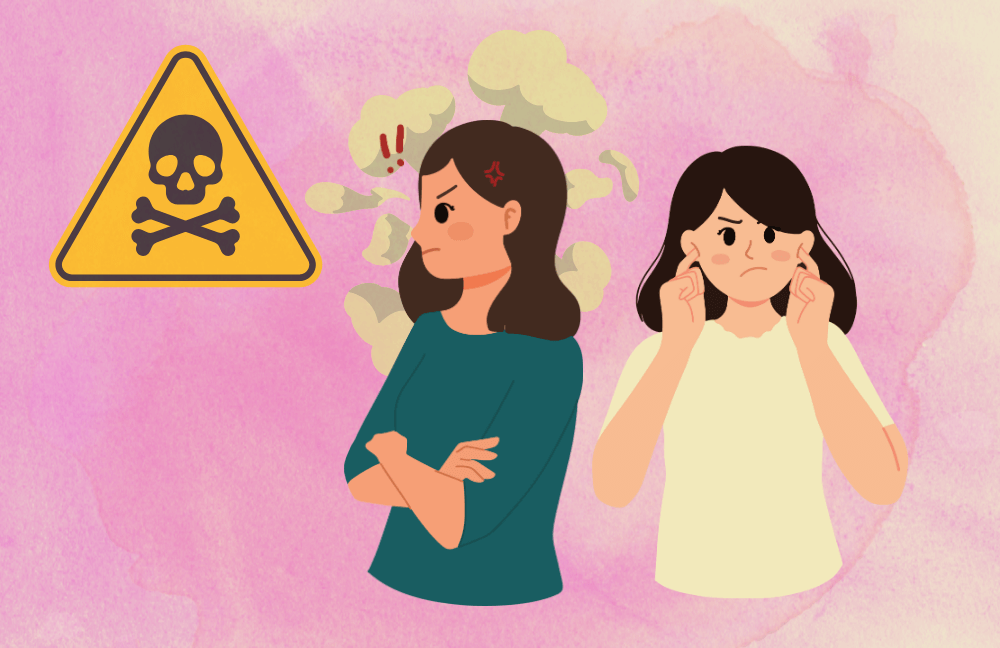
5 Ways To Deal With A Toxic Coworker
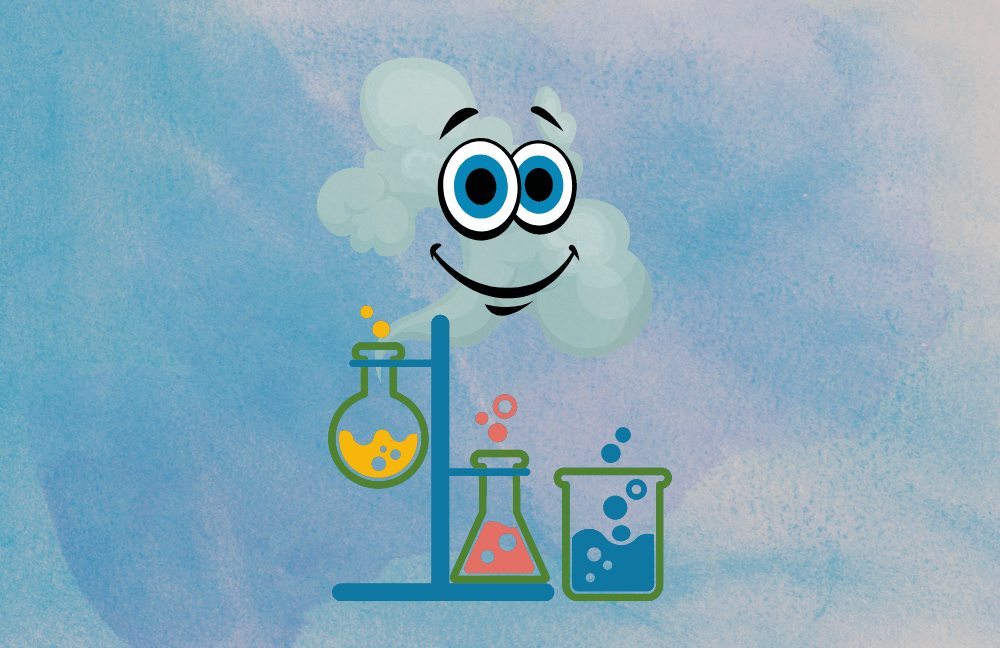
Science of Happiness: 1000s Of Years Of Research
